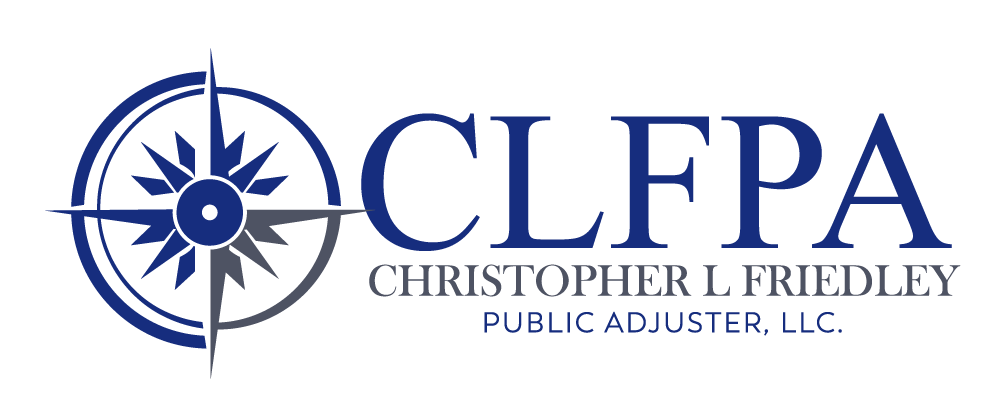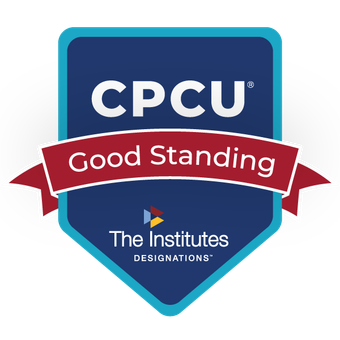I've seen first-hand how damaging and life-disrupting a hurricane can be. You can rest assured knowing that you'll get empathetic and experienced help with your hurricane insurance claim to cover damage at your home or place of business.
Unlike larger public adjusting firms where you may be passed around between adjusters or departments, I offer personalized, one-on-one service from start to finish. You won’t just be another claim in a stack of files. As your public adjuster we’ll focus on your case to make sure you get the attention and results you deserve.
With two decades of experience in the insurance industry, I bring a deep understanding of how claims are handled and how to ensure you receive the best settlement possible. I focus on making the process transparent, manageable, and fair, so you can recover with confidence.
Industry-Recognized Certifications and Membership Means You're in Good Hands
Meet Your Public Adjuster Christopher L. Friedley

When Hurricane Katrina landed in Mississippi in 2005, my world changed forever. I spent nine hours clinging to a live oak tree in Biloxi after my in-laws’ home was swept away in the storm surge. I saw firsthand the devastation left behind, but what struck me most was watching my in-laws struggle with their insurance company over wind vs. water damage. At the time, I didn’t even know what a public adjuster was—I only knew that the system felt unfair, and policyholders like my in-laws were left to fight an uphill battle.
That experience shaped my career. I became an insurance adjuster that year, working claims for insurance companies for the next 19 years. I thought I was doing the right thing yet over time, I saw too many policyholders facing the same frustrating battles, often unaware of their rights or how to fight back and claim a fairer settlement to restore their home after damage.
I knew I could make a bigger impact by advocating for the individuals, families, and business owners in my community—not for the insurers.
In August 2024, I left my role at a global claims adjusting firm and launched my own public adjusting firm. Now, I use my insider knowledge to help homeowners and business owners navigate their claims, fight for what they’re owed, and regain control over their recovery.
What to Expect
While every case is unique, here's what you can generally expect when we work together
on your hurricane and wind damage claim.
Free Consultation
Every client gets a free consultation with me to go over the "facts of loss"—the time of the damage, the extent of the damage, the stage of the claims process you're in, and so forth so I have a good idea about if I can help.
Policy Interpretation
Once a Letter of Representation has been sent, I take the time to analyze your insurance policy in detail, identifying all applicable coverages and explaining them in clear, straightforward terms. This ensures you fully understand your rights and entitlements.
Comprehensive Documentation
Using tools the insurance company respects, I'll thoroughly assess and document all aspects of your property damage—structural, personal, and more—creating a strong foundation for your claim.
Claim Filing**
Filing an insurance claim requires precision and expertise and fortunately for you, I have 20 years of experience. I handle all the paperwork, ensuring it’s submitted correctly to avoid delays or denials.
Direct Negotiation**
Insurance companies are skilled at minimizing payouts, but I level the playing field. Leveraging nearly two decades of insider experience, I negotiate directly with your insurer to maximize your settlement.
Making You Whole Again
After you have check in hand, I'll continue working with you as you find a contractor, facilitate the repairs, and capture the replacement cost appreciation, which is required to be sent to the insurance company.




